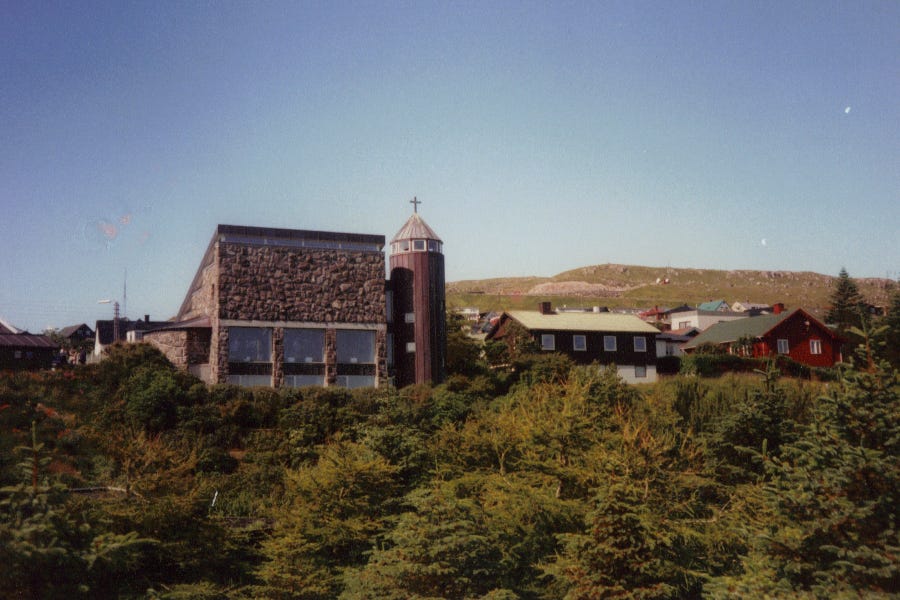Red tape deprives Faroe Islands of resident Catholic priest
Why an island parish in the North Atlantic is losing its pastor.
The Catholic community in the Faroe Islands is facing an uncertain future following the departure of its resident priest, partly due to the strict conditions imposed on foreign “religious workers.”

Msgr. Peter Fleetwood, a priest of Englan…
